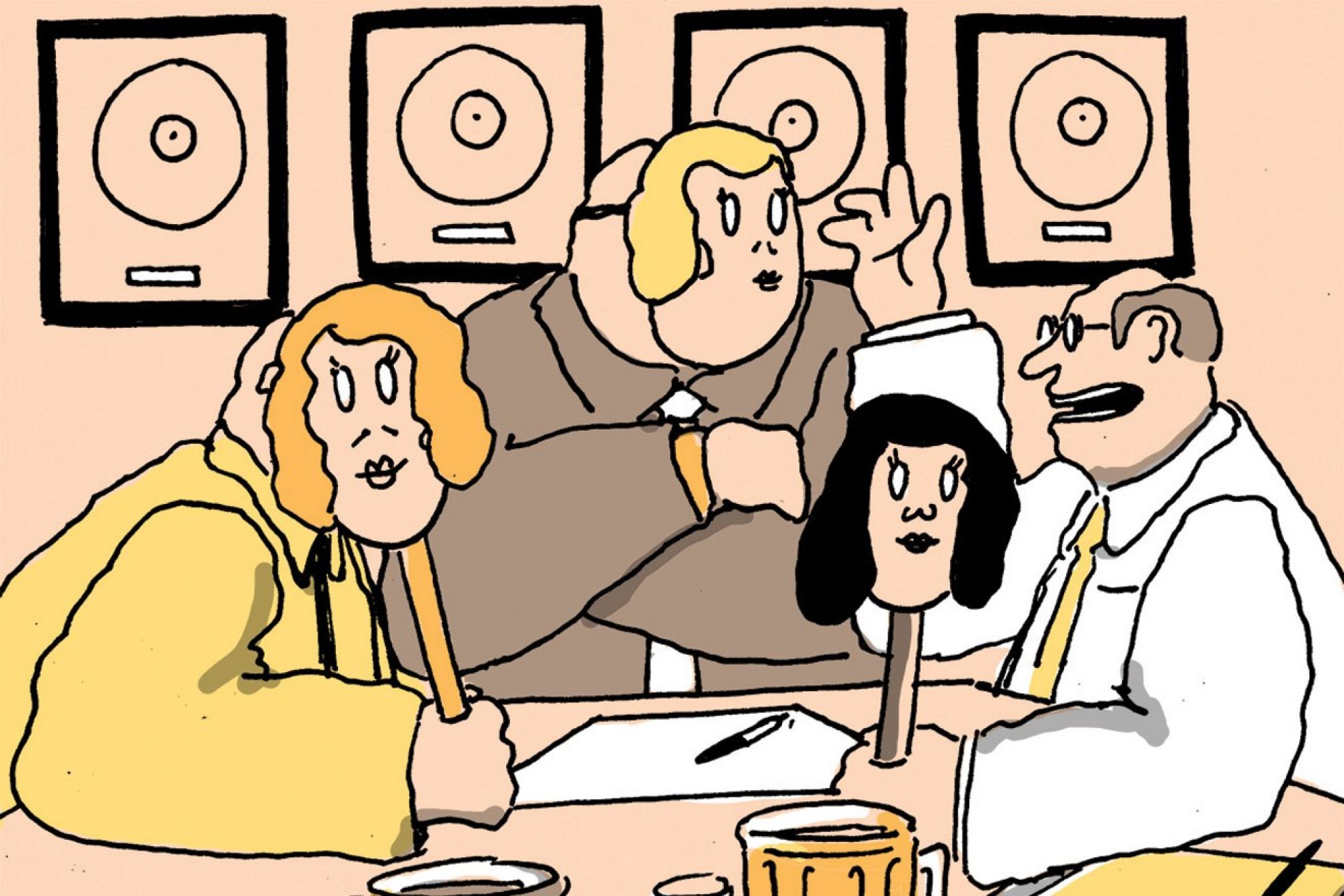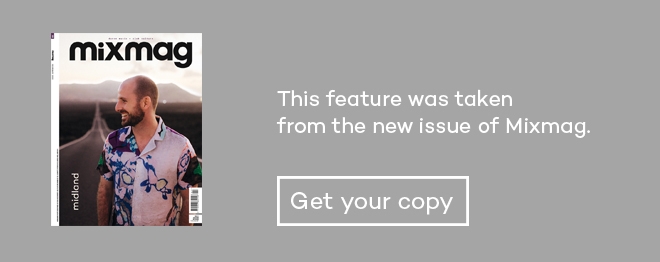 Features
Features
All-woman collectives have instigated real, positive change in the music world
Now it’s time for industry heavyweights to put their money where their mouths are
All-female collectives have become a shining beacon for progress in electronic music today. ‘Women Rule the Scene’ in Berlin, proclaimed the New York Times in July, crediting the rise of social media and overall media diversity for propelling female-led projects such as label Creamcake and party promoters Room 4 Resistance into public consciousness. Meanwhile, Peckham-based, female-only station Foundation.FM launched in early November as an antidote to toxic broadcasting environs, as exposed during the humiliating demise of Radar Radio.
These disrupters are a brilliant catalyst for change, but it’s easy to get swept up by the media frenzy that proclaims these crews are ‘defying the global patriarchy’ and ‘shaking up white male hegemony’. But before we don our ‘technofeminism’ tees and congratulate ourselves for a revolution well fought, there are limits to their efforts. Now it’s up to grid-locked music institutions to pick up the baton.
Sure, networks and collectives like Discwoman, female:pressure and Facebook group Sister have done a commendable job of driving the careers and representation of female and non-binary talent. Yet the stats in the music industry at large are still shameful: according to WomeninMusic.org, there’s a roughly 70/30 male to female divide within the industry. Across festival stages, Pitchfork found female representation has inched up to 19% in 2018, up from 14% last year. In January last year, the Annenberg Inclusion Initiative found that only 2% of female producers were featured across 600 popular songs from 2012 to 2017. There’s nothing like hard data to deliver a sobering uppercut back to a demoralising reality.
Men still iron-fist the majority of decision-making power as music execs, promoters and label managers. One-off panels, workshops, and showcases aimed at empowerment and led by female DJs are useful, but they can be a plaster over a deep, festering wound.
“A lot of male-dominated organisations will come up with a scheme designed to help women,” says Jane Third, Chief Creative Officer of global indie behemoth PIAS. “What these things tend to do is reinforce the idea that women need additional training to be able to do things men are just invited to do.” While Third’s comments are aimed at boardrooms, the training she refers to sounds eerily similar to the workshops targeted at fledgling female producers. It’s vital we look at the number of men swashbuckling their way into executive offices, production studios, and DJ booths, shooting a cheeky gunfinger at their fellow gatekeepers and learning on the job – without any of the rigorous coaching women are expected to undergo. Third’s solution applies at all levels: “If they don’t have equality then their all-male board, all their managers, and anyone involved in recruitment should receive unconscious bias training,” she says. In plain terms: men in the music industry need to actively unlearn sexist thinking.
So how do we weed out performative feminism from genuine attempts at change? A major label hosting a panel for women on ‘Making It in the Music Business’ while failing to address its own glaring wage gap should raise all our eyebrows. True commitment to inclusivity is all-encompassing; that’s why transparency and accountability are vital.
For instance, a new UK law stipulates that companies with 250 or more employees must annually publish their gender pay gaps. After the first deadline this April, Music Business Worldwide published data that found an average 30% discrepancy across major record labels Universal, Sony and Warner UK. Pay discrimination points to an overall lack of equitable opportunities, an age-old HR problem turned into a new PR problem. It’s to be hoped that yearly reporting will prove the equivalent of having rotten fruit thrown at you on the village green: public shaming has been proven to elbow corporations towards social responsibility.
And that could be the crucial component that finally institutionalises gender parity on a sweeping scale. PRS Foundation’s Keychange, an international initiative investing in emerging female talent and pledging to achieve a 50/50 gender balance on festival line-ups by 2022, presented a manifesto for change to the European Parliament in early November last year. Action points include increasing transparency around artist fees, ridding recruitment from unconscious bias, investing in career and education campaigns, and implementing equality criteria in publicly funded projects.
“It’s necessary to have the grassroots movement[s] really pushing for change within the sector, but we also need the influence of government and a top-down approach,” says Vanessa Reed, CEO of PRS Foundation. “It feels like for the first time in a long while there’s a determination for things to move forward, so we need to go at it at every angle.”
While female collectives have done a fantastic job of opening a dialogue and instigating change, as long as industry norms remain entrenched and abuses of power go unchecked, the optimism all-female DJ crews embody has little chance. We’re in a unique moment when deeply held beliefs about gender are finally toppling; remember that sustainable change takes everyone.
Whitney Wei is a Berlin-based visual artist and writer, follow her on Twitter



